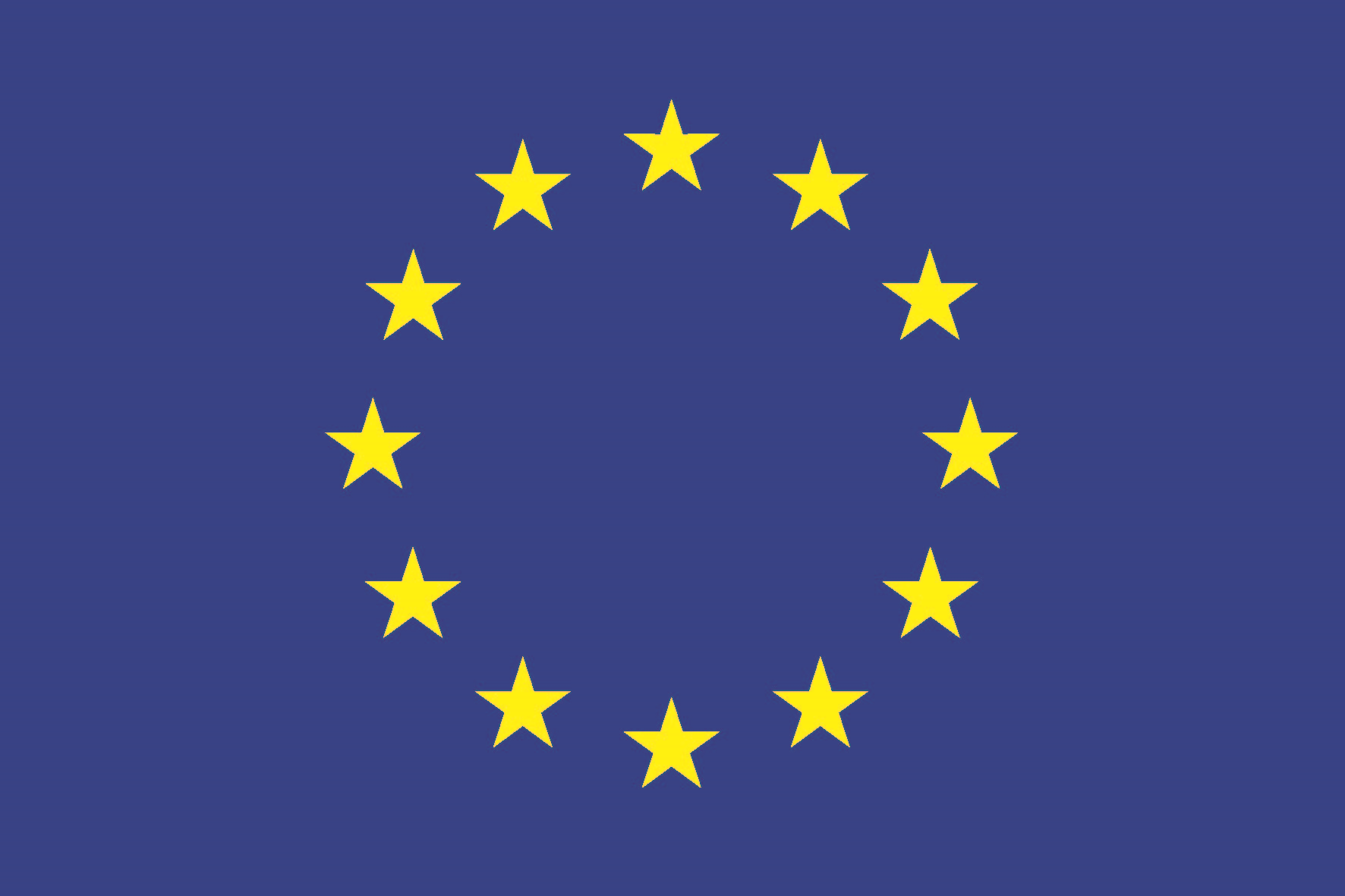SWEDEN

SWEDEN - SUMMARY OF POLICIES AND LEGISLATION FOR FOOD WASTE PREVENTION AND REDUCTION
The overarching goal of the Swedish food waste policy-mix is to reduce the amount of food waste which is produced as a whole. Priority is given to the management of resources and the biological treatment of waste. Environmental priorities have steered Sweden towards greener waste management practices in which the country’s municipalities have played a key role.
However, Sweden has not implemented a specific strategy or national plan for food waste reduction. Food waste reduction is included in the Swedish Waste Management Plan (according to which at least 50% of food waste from households, canteens, shops and restaurants shall be collected separately and treated biologically by 2018), in the Swedish Waste Prevention Programme (according to which food waste within the entire food value chain shall be reduced compared to 2010) as well as in the Swedish environmental policy (in the form of proposed milestone targets for food waste).
An important innovative aspect, in regulatory terms is represented by the ordinance concerning the responsibility for selling food after the "best before" date. For example, bakery products (which are usually scheduled to be sold within 24 hours) do not need to be labelled with a "best before" date and can therefore be donated to charity without carrying full responsibility for the safety of the product (as opposed to products labelled with best before dates). The attention on food labelling is enphasised also by the results of a research report (Jensen, S., Båth, K. & Lindberg, U., 2013) that suggests how a reduced temperature in the cold chain could allow food manufacturers to extend the shelf life date on their products. Longer shelf life, combined with modified date marking of products could reduce store waste of foods with date indication.
Figure 1. Sweden’s Policy Mix at December 2014
* There is not a unique national target, different strategies identified different targets.
Awareness on food waste is relatively high among public institutions and private stakeholders, as suggested by the Collaboration Group for Reduced Food Waste (SaMMa - Samverkansgruppen för minskat matavfall). This group consists of a national network with actors from the entire food waste value chain whose aim is to exchange information and act to reduce food waste.
An important role is played by municipalities that are responsible for collecting and taking care of household waste, with the exception of the waste covered by the manufacturer's responsibility.
Download the full country report and send us your comments.
REFERENCES
A) SWEDEN’S NATIONAL PLAN/STRATEGIES ON FOOD WASTE REDUCTION Swedish Waste
Management Plan:
“Från avfallshantering till resurshushållning - Sveriges avfallsplan 2012-2017”
(English translation: “From waste management to management of resources – Swedish Waste Management Plan 2012-2017”) (in Swedish)
Available from: http://www.naturvardsverket.se/Documents/publikationer6400/978-91-620-6502-7.pdf
Swedish Waste Prevention Programme:
“Tillsammans vinner vi på ett giftfritt och resurseffektivt samhälle - Sveriges program för att förebygga avfall 2014-2017”
(English translation: “Together we win by a non-toxic and resource efficient society – Sweden’s programme for waste prevention 2014-2017”) (in Swedish)
Available from: http://www.naturvardsverket.se/upload/miljoarbete-i-samhallet/miljoarbete-i-sverige/avfall/avfallsforebyggande-programmet/avfallsforebyggande-programmet-giftfritt-resurseffektivt-samhalle.pdf
Milestone target regarding food waste (proposal) (in Swedish)
Available from: www.naturvardsverket.se/upload/miljoarbete-i-samhallet/miljoarbete-i-sverige/regeringsuppdrag/2013/etappmal2013forslag/matavfallsrapport-reviderad.pdf
B) MARKET-BASED INSTRUMENTS
None
C) REGULATORY INSTRUMENTS/REGULATORY TRADING SCHEMES
The Swedish Food Agency’s regulation (LIVSFS 2004:27) regarding labelling and presentation of food
Available from: http://www.slv.se/upload/dokument/lagstiftning/2000-2005/2004-27%20kons.pdf
Regulation (2001:512) regarding landfill of waste
Available from: http://www.notisum.se/rnp/sls/lag/20010512.htm
D) VOLUNTARY AGREEMENTS
None
E) RESEARCH AND TECHNICAL REPORTS
Jensen, C., Stare, M., Stenmarck, Å., Dunsö, O. & Sörme, L. (2014) Beräkningsmetod för uppföljning av etappmålet om resurshushållning i livsmedelskedjan, biologisk återvinning (Method for calculation and follow up of the milestone target regarding management of resources in the food value chain, biological treatment). Svenska MiljöEmissionsData. Report number: 144 2014. (in Swedish)
Available from: http://www.smed.se/wp-content/uploads/2014/02/Slutrapport.pdf
Stenmarck, Å., Jensen, C., Sundqvist, J.O., Sörme, L. & Szudy, M. (2011) Förslag på metodik för förbättrade matavfallsdata från tjänstesektorn och hushåll (Proposed methodology for improved food waste data from the service sector and households). Svenska MiljöEmissionsData. Report number: 48 2011. (in Swedish)
Available from: http://www.smed.se/wp-content/uploads/2011/05/SMED_Rapport_2011_48.pdf
Jensen, C., Stenmarck, Å., Sörme, L. & Dunsö, O. (2011) Matavfall 2010 från jord till bord (Food waste from acre to table 2010). Svenska MiljöEmissionsData. Report number: 2011-99. (in Swedish)
Available from: http://www.smed.se/wp-content/uploads/2011/12/Matavfall2010_från-jord-till-bord3.pdf
Andersson, T. (2012) Från Hage till Mage - En studie av oundvikligt och onödigt matavfall (From field to stomach – A study of unavoidable and avoidable food waste). Lunds Universitet. (in Swedish)
Available from: http://www.chemeng.lth.se/exjobb/E628.pdf
Stenmarck, Å., Hanssen, O.J., Silvennoinen, K., Katajajuuri, J.M. & Werge, M. (2011) Initiatives on prevention of food waste in the retail and wholesale trades. Swedish Environmental Research Institute. Report number: B1988.
Available from: http://www.ivl.se/download/18.7df4c4e812d2da6a416800089028/B1988.pdf
Sörme, L., Johansson, M. & Stare, M. (2014) Mat och dryck via avloppet (Food and beverages disposed to the drain). Naturvårdsverket. Report number: 6624. (in Swedish)
Available from: http://www.naturvardsverket.se/Documents/publikationer6400/978-91-620-6624-6.pdf?pid=13805
Eriksson, M. & Strid, I. (2013) Svinnreducerande åtgärder i butik – Effekter på kvantitet, ekonomi och klimatpåverkan (Reduced food wastage in retail stores – Effects on quantity, economy and climat impacts). Naturvårdsverket. Report number: 6594 (in Swedish)
Available from: http://www.naturvardsverket.se/Documents/publikationer6400/978-91-620-65942.pdf?pid=10070
Lindbom, I., Esbjörnsson, C., Forsman, J., Gustavsson, J. & Sundström, B. (2013) Åtgärder för minskat svinn i livsmedelsindustrin - Ett industri- och kedjeperspektiv (Measures to reduce food wastage in the food industry – An industry and value chain perspective). Naturvårdsverket. Report number: 6595 (in Swedish)
Available from: http://www.naturvardsverket.se/Documents/publikationer6400/978-91-620-65959.pdf?pid=10071
F) COMMUNICATION AND CAMPAIGNS
National communication and campaigns have been discussed in several forums, but have until now not been agreed upon and implemented.
G) PROJECTS AND OTHER MEASURES
Jensen, S., Båth, K. & Lindberg, U. (2013), Vilken effekt skulle sänkt temperatur i kylkedjan få på matsvinnet? (What effect would a lower temperature in the cooling chain have on food wastage?) Naturvårdsverket. Report number: 6596 (in Swedish)
Available from: http://www.naturvardsverket.se/Documents/publikationer6400/978-91-620-6596-6.pdf?pid=10072
SaMMa - Samverkansgruppen för minskat matavfall (English translation: Collaboration Group for Reduced Food Waste) (in Swedish)
Available from: http://www.naturvardsverket.se/upload/miljoarbete-i-samhallet/miljoarbete-i-sverige/avfall/avfallsforebyggande-programmet/Programforklaring-samma-2012-red.pdf
Klimatsmart (Climate smart)
Available here
All links have been accessed for the last time on October 29, 2015.

 Copyright © 2016 | EU FUSIONS |
Copyright © 2016 | EU FUSIONS |